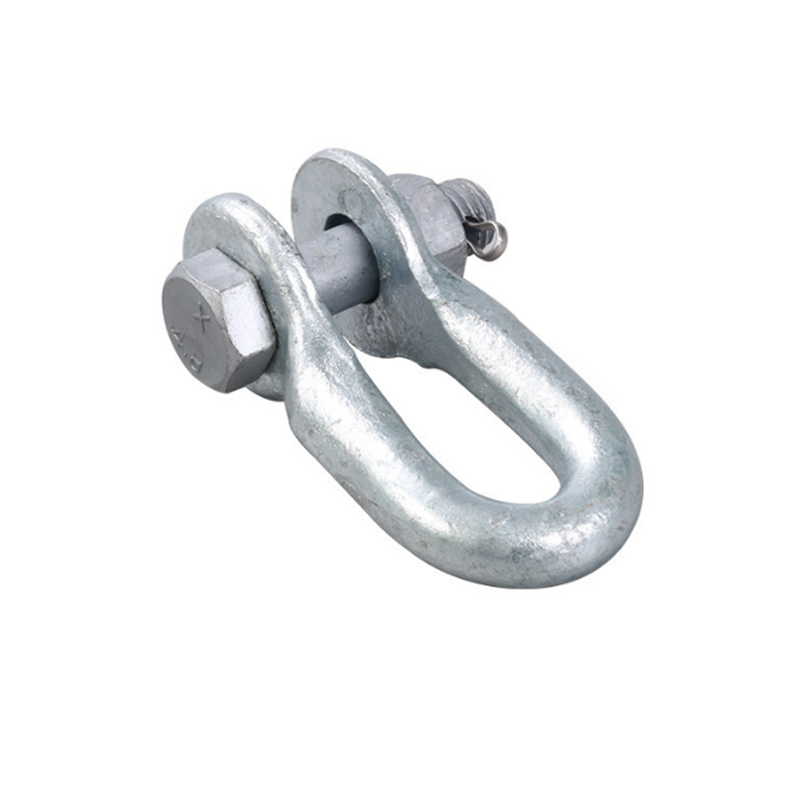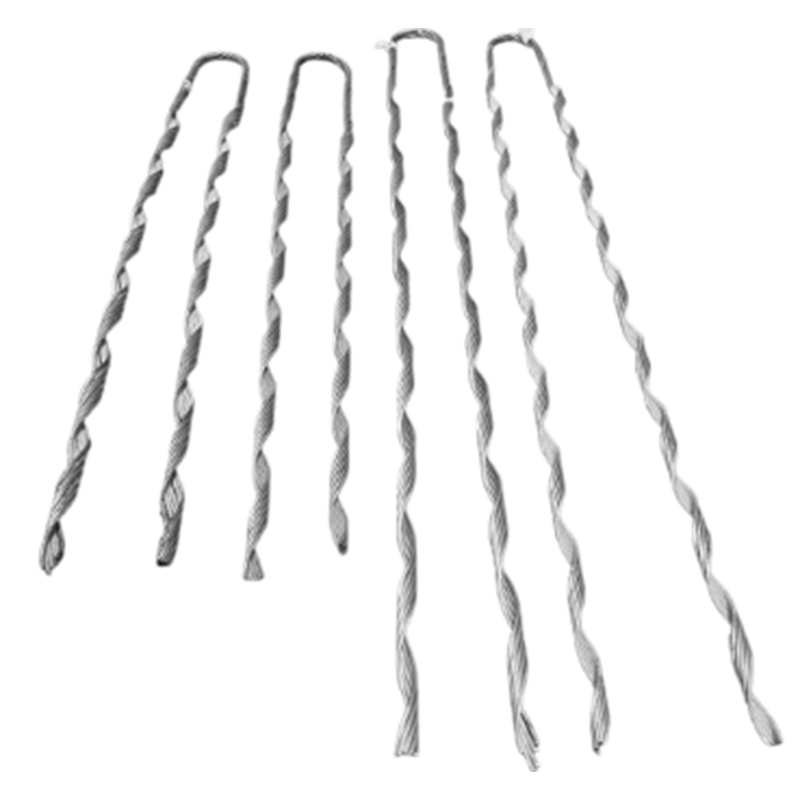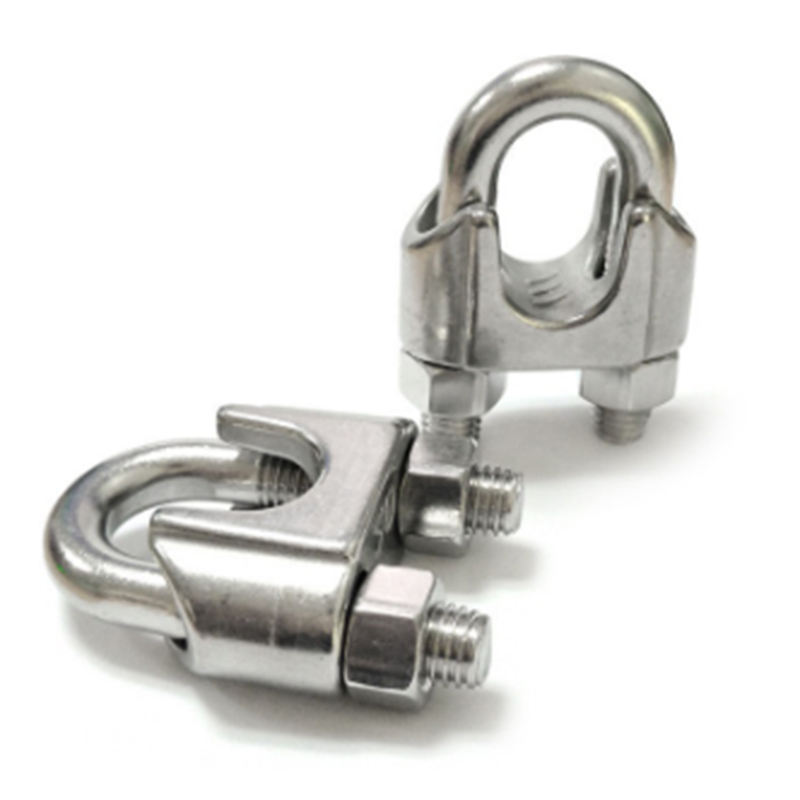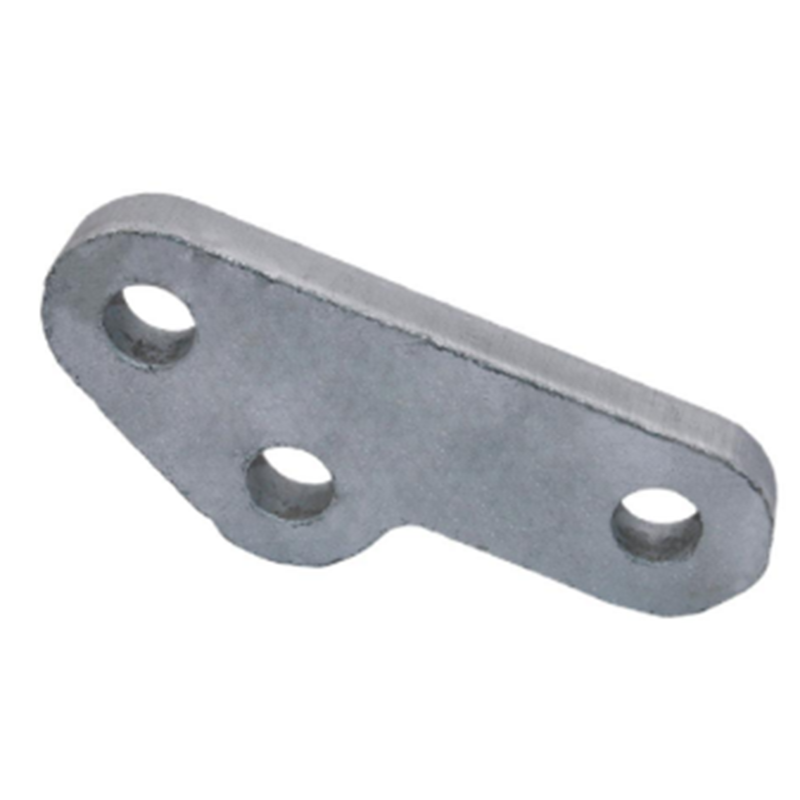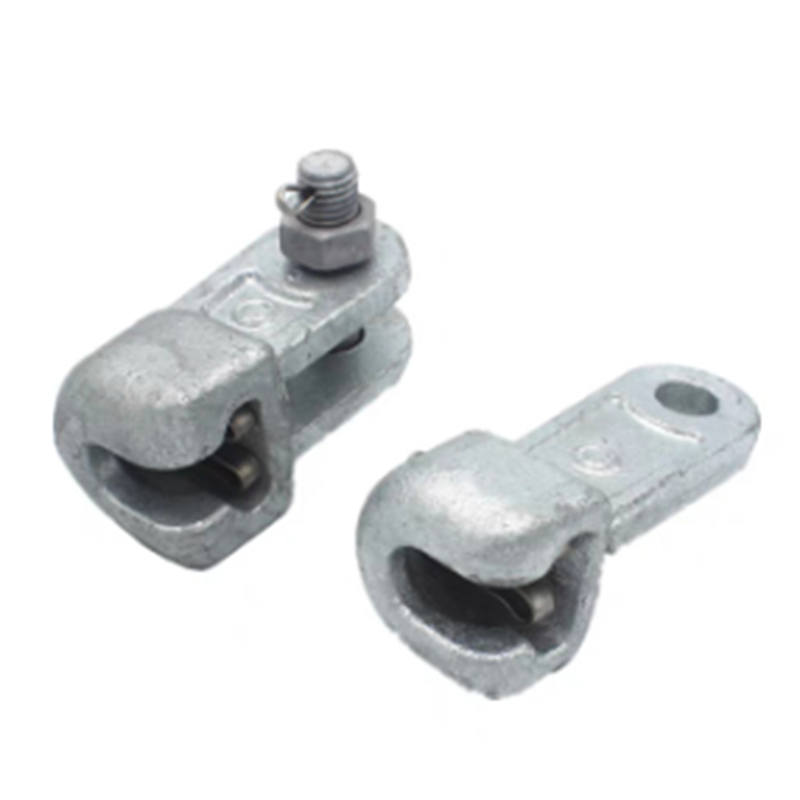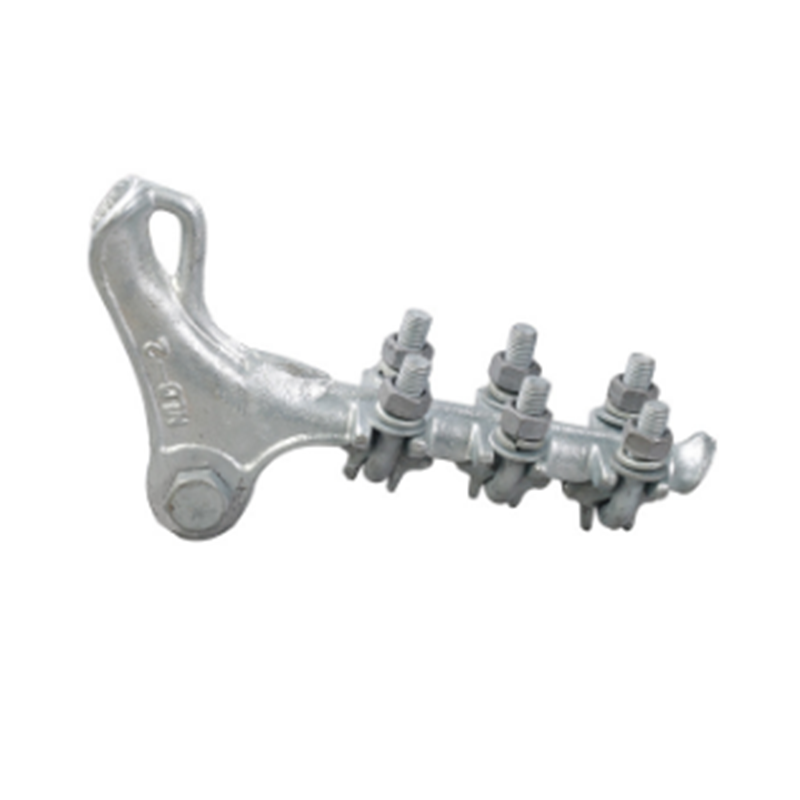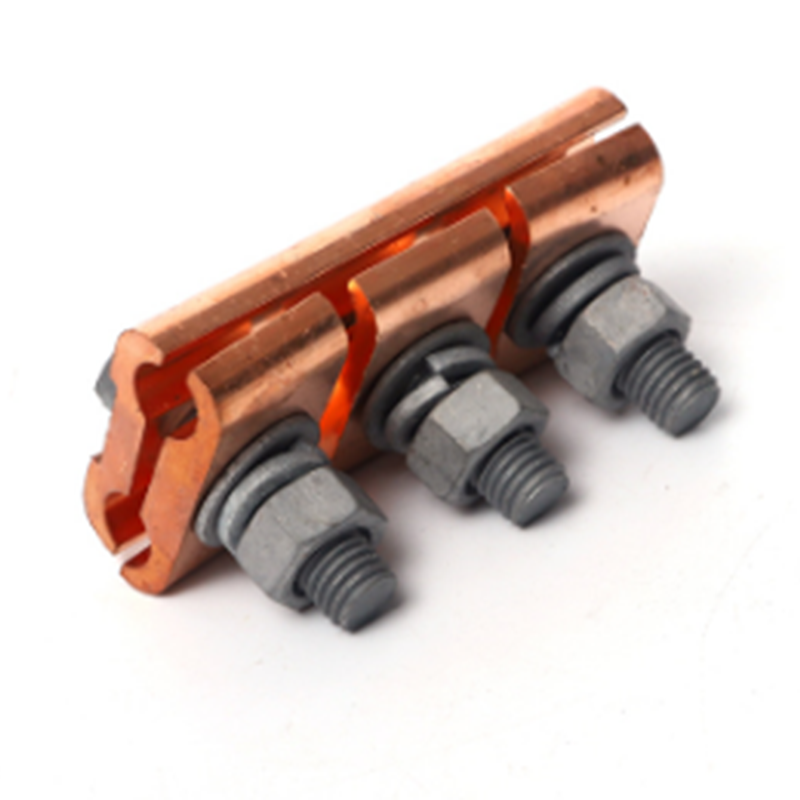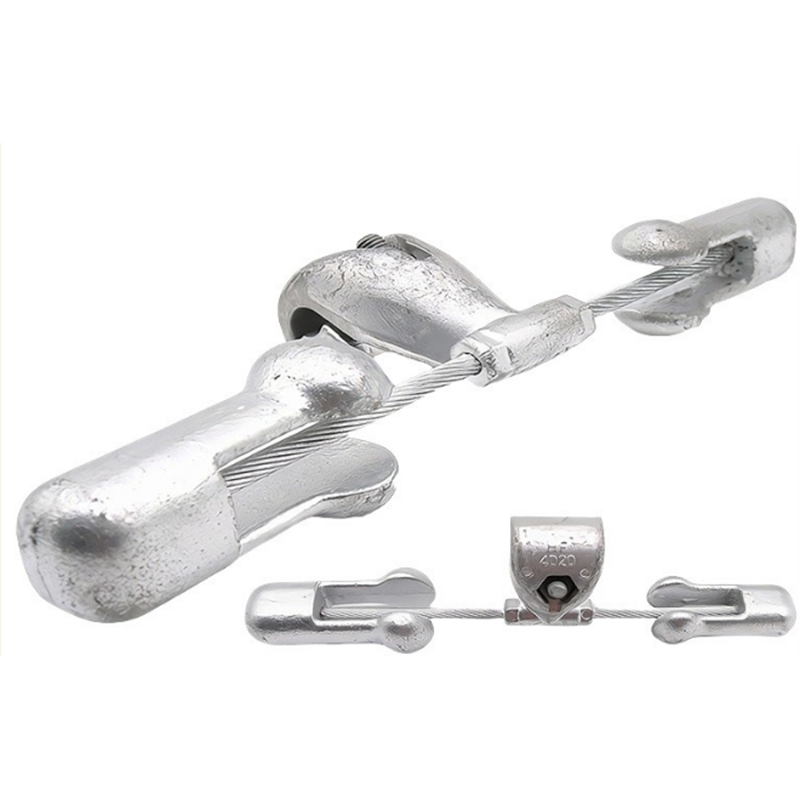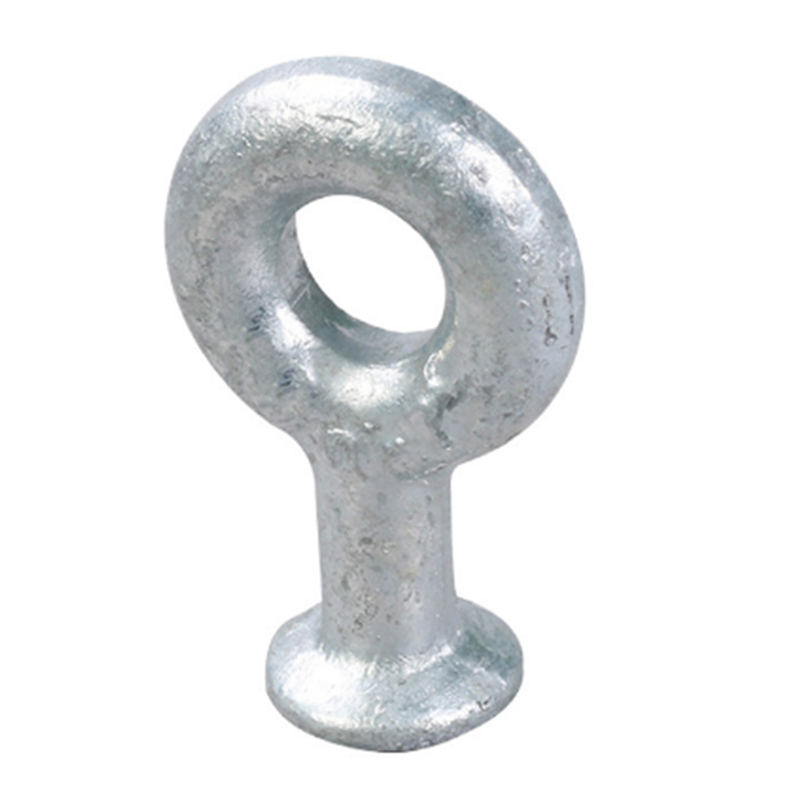- Chinese
- French
- German
- Portuguese
- Spanish
- Russian
- Japanese
- Korean
- Arabic
- Irish
- Greek
- Turkish
- Italian
- Danish
- Romanian
- Indonesian
- Czech
- Afrikaans
- Swedish
- Polish
- Basque
- Catalan
- Esperanto
- Hindi
- Lao
- Albanian
- Amharic
- Armenian
- Azerbaijani
- Belarusian
- Bengali
- Bosnian
- Bulgarian
- Cebuano
- Chichewa
- Corsican
- Croatian
- Dutch
- Estonian
- Filipino
- Finnish
- Frisian
- Galician
- Georgian
- Gujarati
- Haitian
- Hausa
- Hawaiian
- Hebrew
- Hmong
- Hungarian
- Icelandic
- Igbo
- Javanese
- Kannada
- Kazakh
- Khmer
- Kurdish
- Kyrgyz
- Latin
- Latvian
- Lithuanian
- Luxembou..
- Macedonian
- Malagasy
- Malay
- Malayalam
- Maltese
- Maori
- Marathi
- Mongolian
- Burmese
- Nepali
- Norwegian
- Pashto
- Persian
- Punjabi
- Serbian
- Sesotho
- Sinhala
- Slovak
- Slovenian
- Somali
- Samoan
- Scots Gaelic
- Shona
- Sindhi
- Sundanese
- Swahili
- Tajik
- Tamil
- Telugu
- Thai
- Ukrainian
- Urdu
- Uzbek
- Vietnamese
- Welsh
- Xhosa
- Yiddish
- Yoruba
- Zulu
- Kinyarwanda
- Tatar
- Oriya
- Turkmen
- Uyghur

How to use lock washers
Understanding and Using Lock Washers Effectively
Many professionals often underestimate lock washers. But when used correctly, they’re essential for maintaining the integrity of bolted joints in mechanical assemblies. Today, I'll walk through some practical insights, avoiding common pitfalls and offering real-world tips.
The Basics of Lock Washers
First off, let’s get the basics down. Lock washers are designed to prevent nuts and bolts from turning, slipping, and coming loose. They’re pivotal in environments subject to vibration and torque. But, not all lock washers are created equal; choosing the right type is half the battle.
It's common to see spring lock washers in use, known for their split ring shape that’s supposed to bite into the bolt head and the substrate to prevent rotation. But be cautious—with modern locking nuts, their necessity is sometimes debated. My advice: always evaluate the stress and vibrational environment first.
Handan Shengfeng Hardware Fastener Factory, a leader in fasteners, often provides a comprehensive selection that includes spring washers, flat washers, and even expansion bolts. Their expertise might be worth tapping into when making a decision. You can explore their offerings at Shengfeng Hardware Fastener Factory.
Common Mistakes with Lock Washers
A mistake I often see is using a lock washer on soft materials. It doesn’t provide the grip due to insufficient surface hardness, and the locking mechanism just fails. It's important to realize that they’re more suited for harder substrates.
Another common issue is incorrect installation. The lock washer needs to be placed correctly between the nut or bolt head and the surface. Seems obvious? Sure, but in a rush, even experienced pros slip up, leading to unreliable joints.
Also, using a lock washer independent of other fastening principles—like proper torque specification—won’t do much good. Combination with proper torque ensures a more stable joint.
Types of Lock Washers and Their Uses
There’s no one-size-fits-all when it comes to lock washers. For example, a spring lock washer might suit an application where only mild anti-rotation is needed. But in high-vibration scenarios, tooth washers might perform better.
External and internal tooth lock washers are worth exploring too. The teeth provide extra grip, engaging with the surface and opposing component. Yet, privacy of application is key. Used incorrectly, they’ll damage the surface or prove ineffective.
It's always a good call to consult with experts for complex needs, firms like Shengfeng Hardware Fastener Factory can provide tailored solutions to specific issues. They’re situated conveniently in Hebei Pu Tiexi Industrial Zone, demonstrating expertise through over 100 specifications.
Integrating Lock Washers in Assembly
In practical terms, integrating lock washers into an assembly isn't just about dropping them in place. Consider the entire environment—the material compatibility, expected stresses, and maintenance processes all play a role.
I recall a project where we initially ignored the impact of surrounding temperatures, which compromised the lock washers’ material integrity. Assess environmental conditions thoroughly—it’s more than just choosing a washer.
When unsure, seek detailed technical sheets from suppliers or manufacturers. Companies like Shengfeng Hardware provide in-depth data to guide the selection process, ensuring you choose the right component every time.
Evaluating the Need for Lock Washers
Ultimately, the decision on whether or not to use a lock washer should come from a comprehensive evaluation of the joint’s needs. That includes material considerations, torque requirements, and expected environmental conditions.
Some engineers argue they're redundant with modern fasteners, while others swear by their reliability. In truth, it’s all situational. Take time to understand the specific demands of your projects and apply that knowledge practically.
In conclusion, whether working with external forces, vibrations, or simply ensuring peace of mind, lock washers play an indispensable role in fastening reliability. Dive into the details at resources like Shengfeng Hardware Fastener Factory and arm your projects with the right tools for the job.
Соответствующая продукция
Соответствующая продукция




